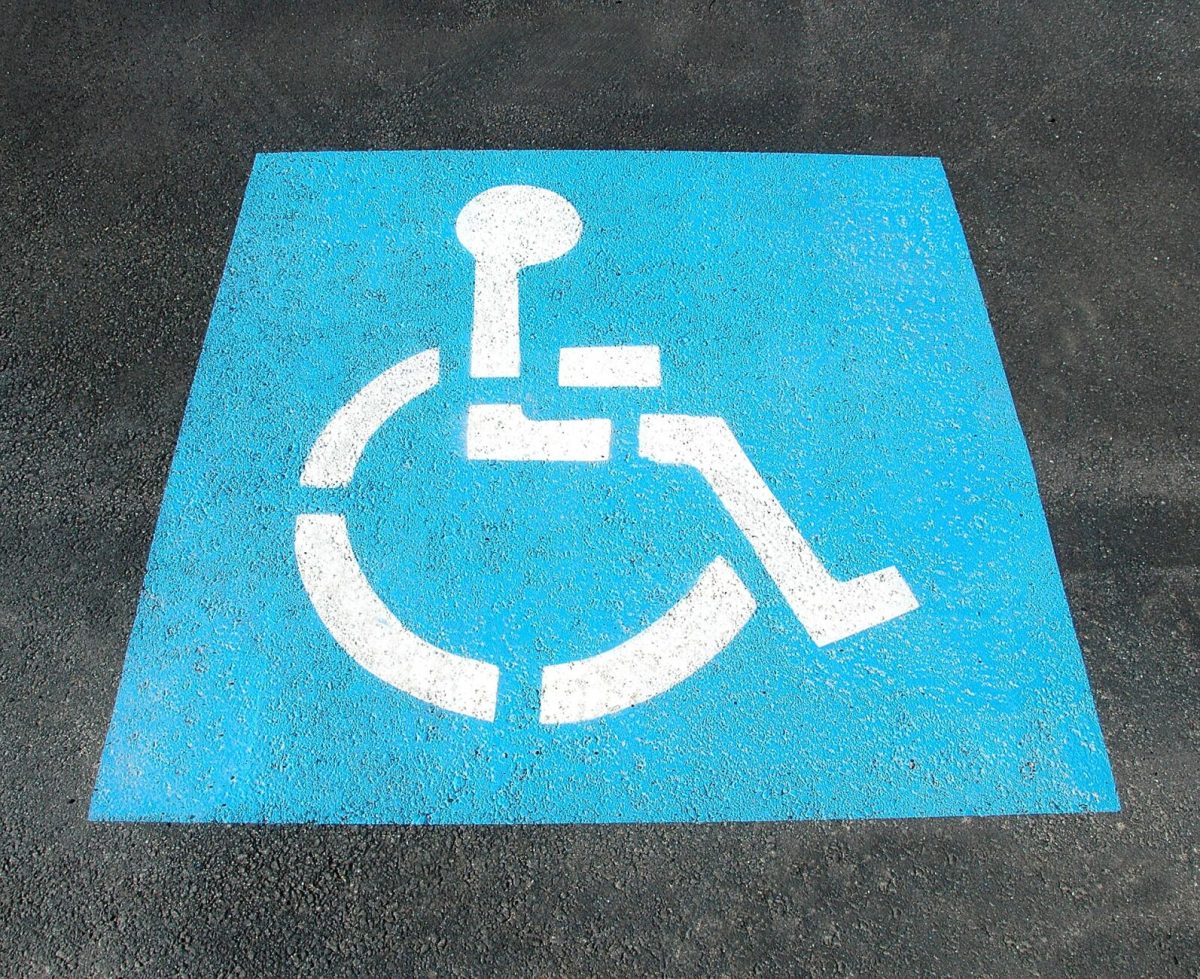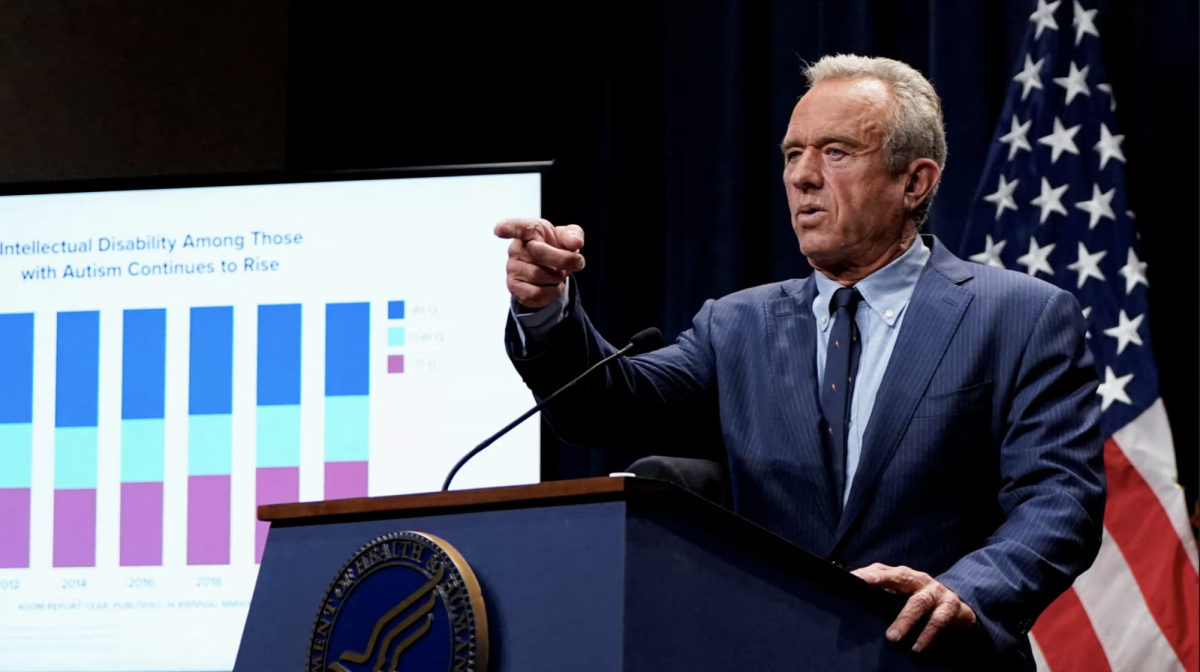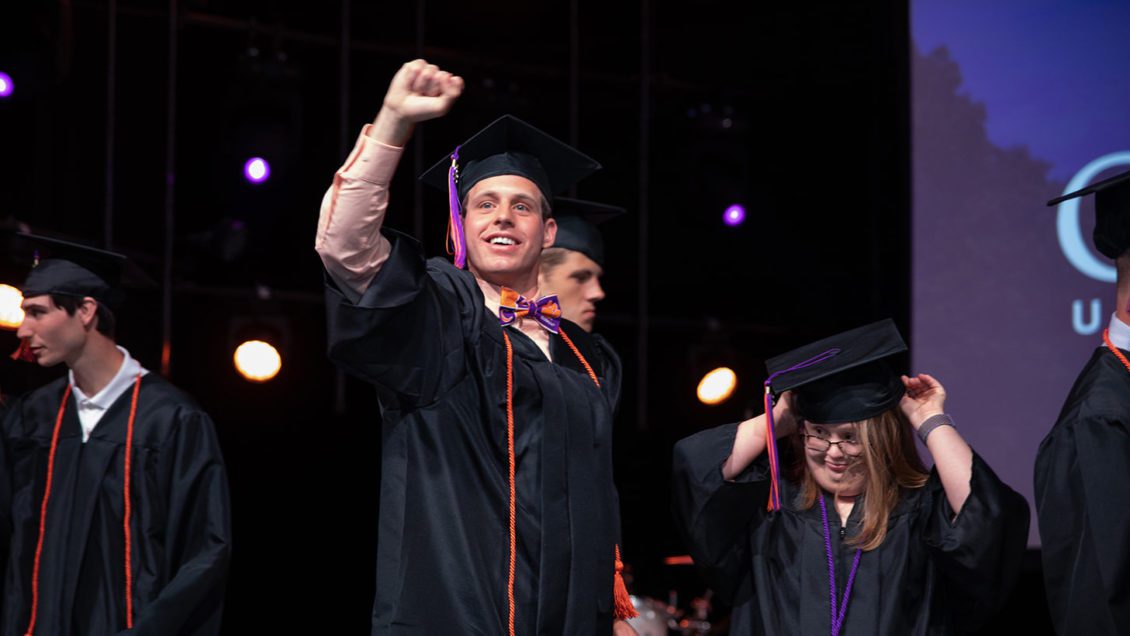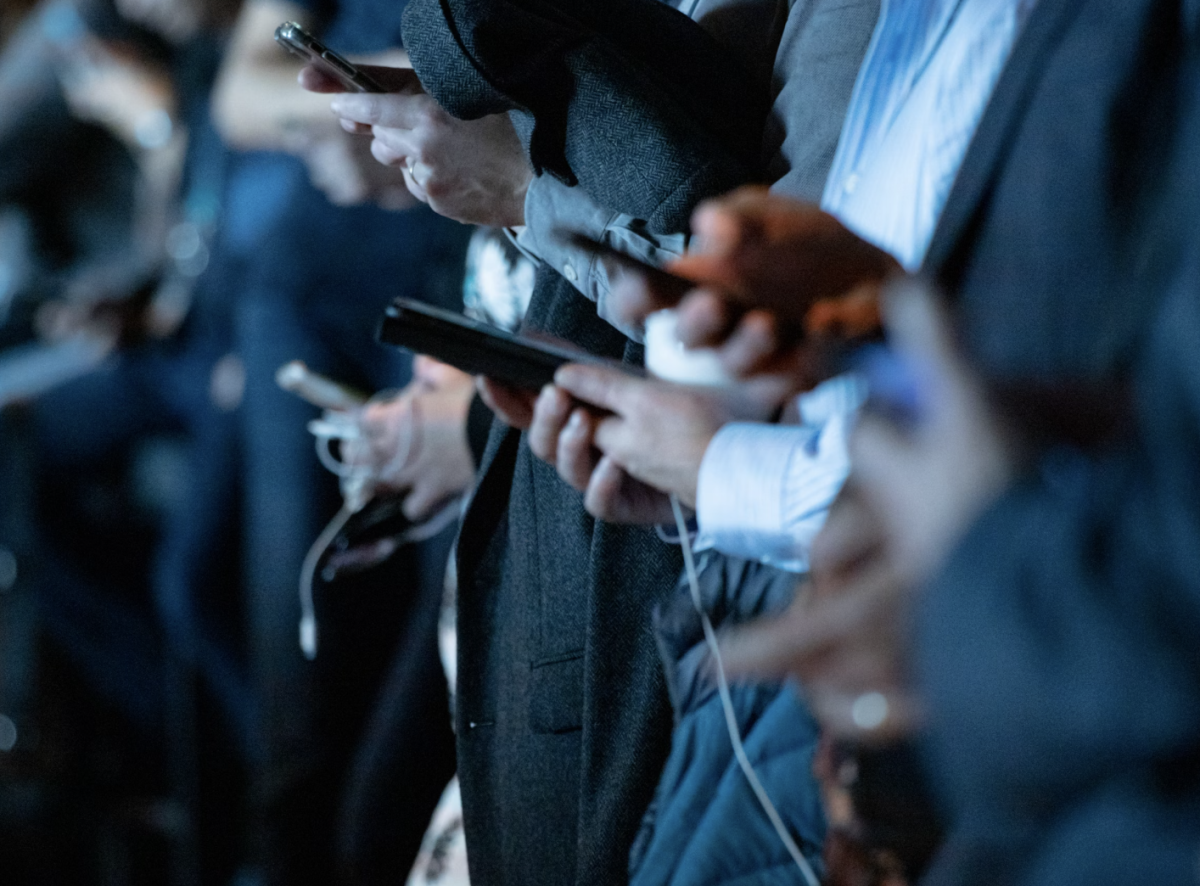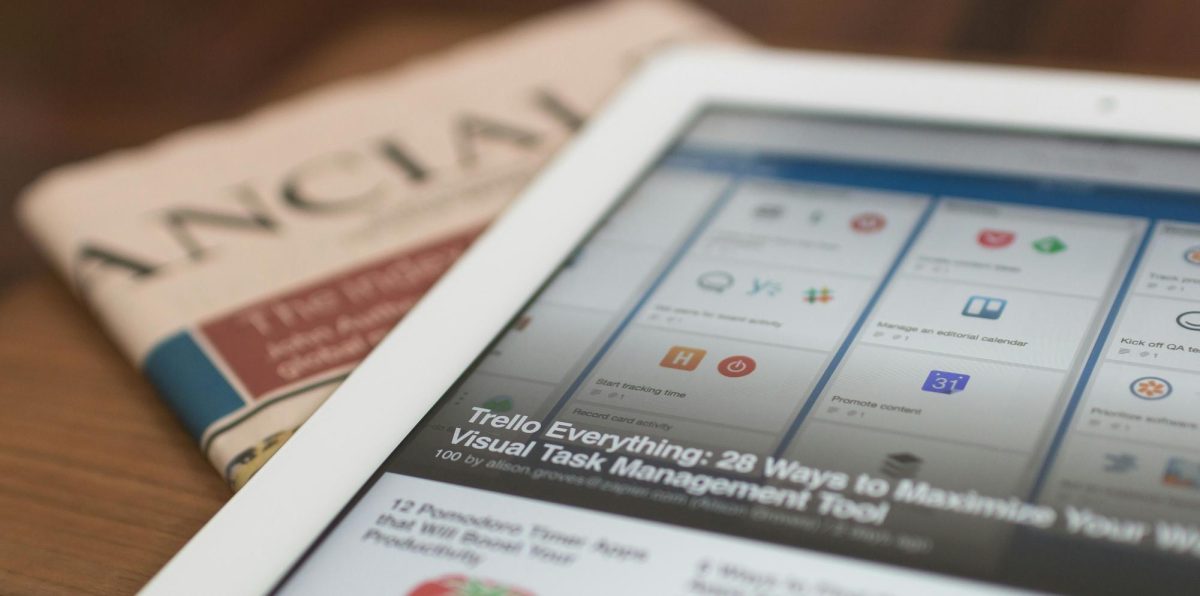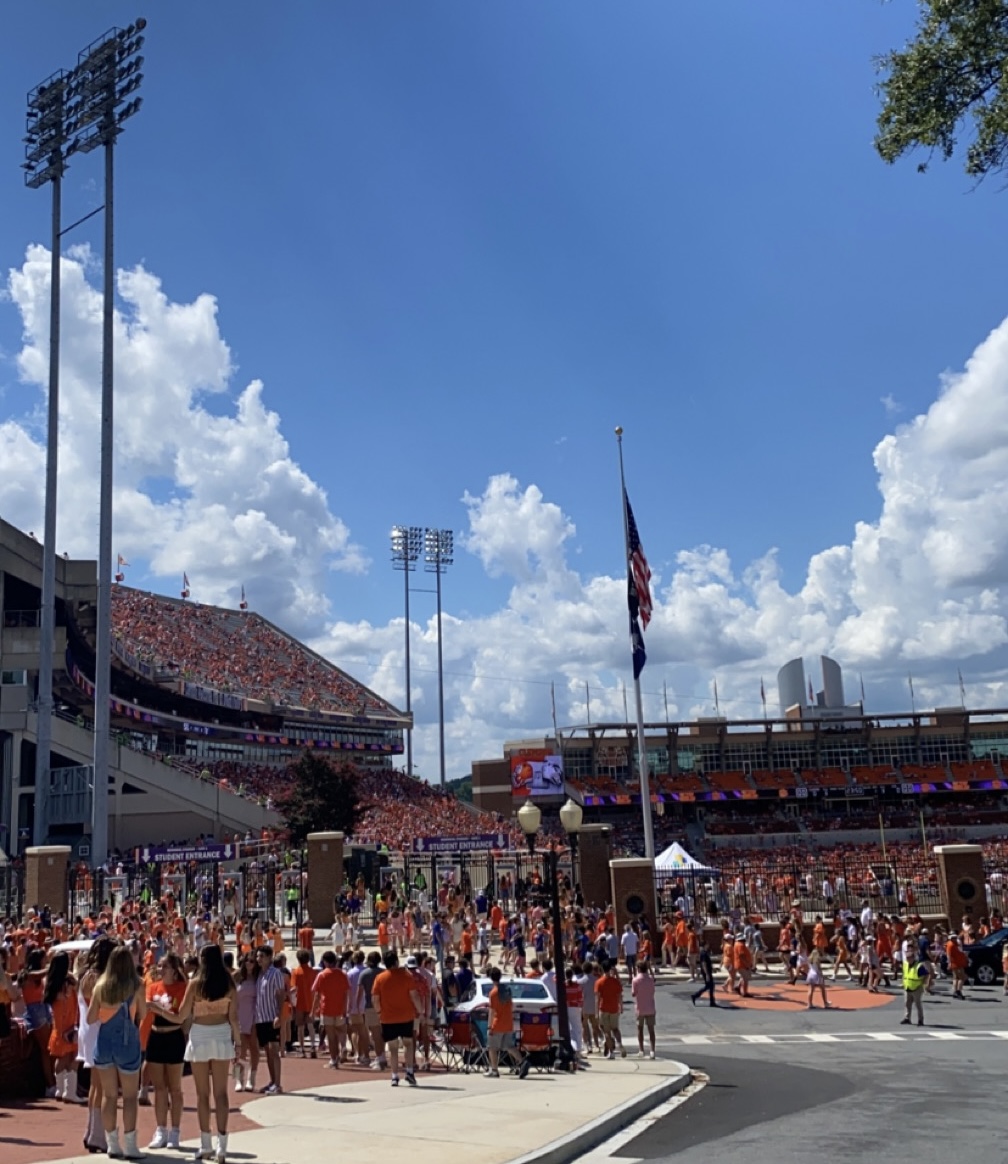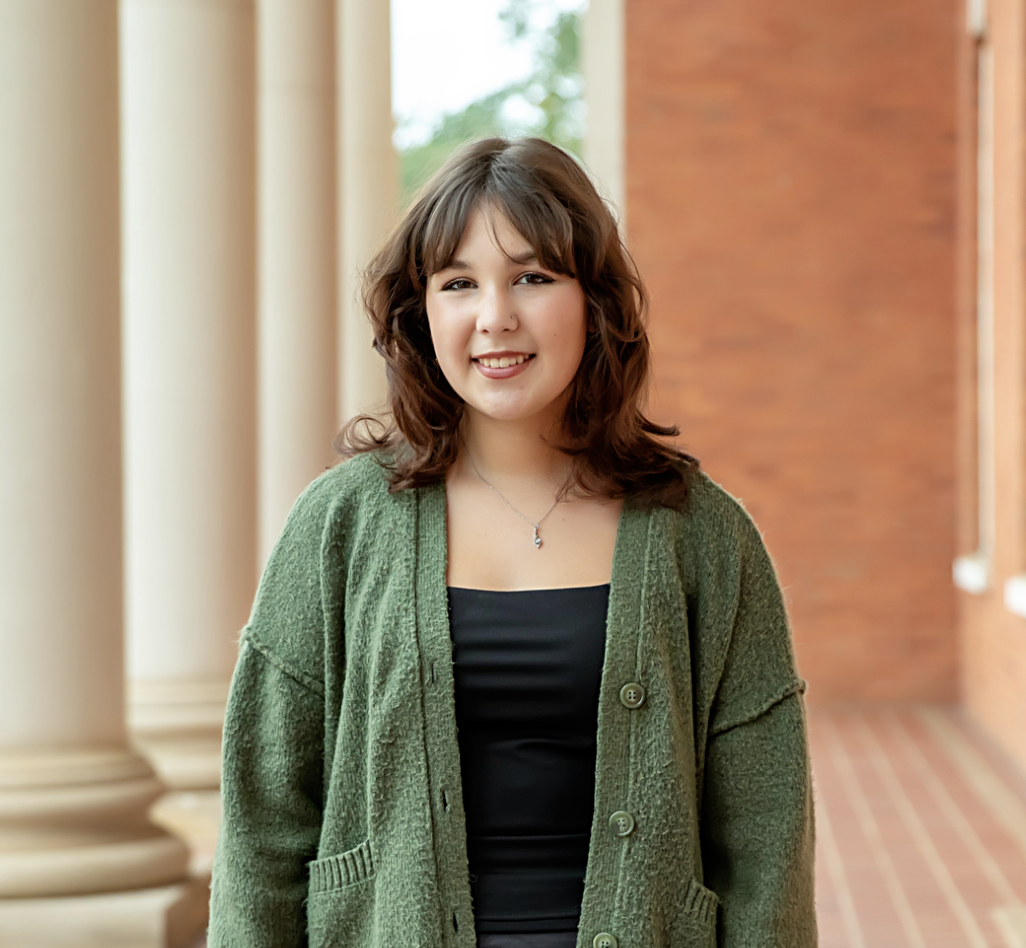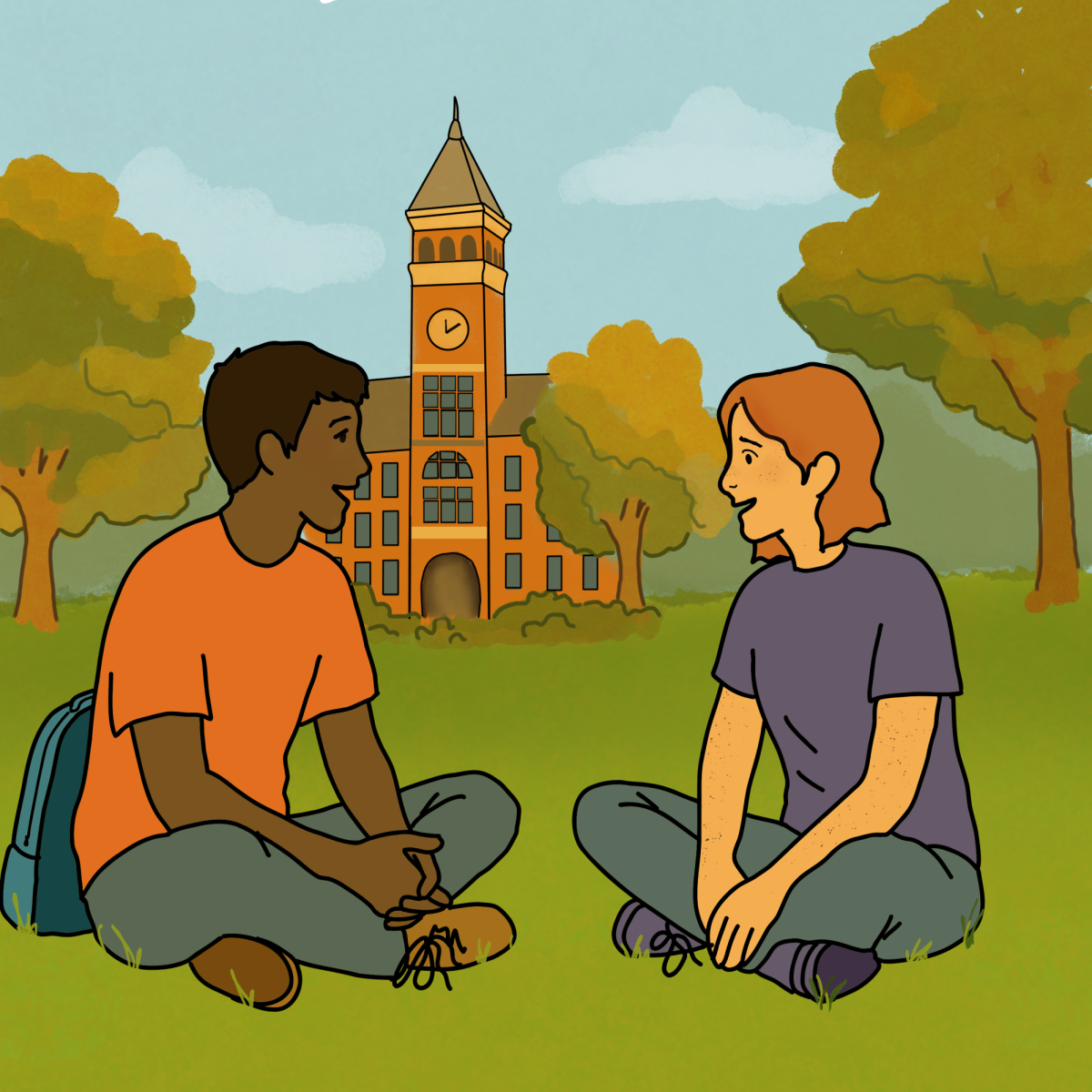Everyone is familiar with a curb cut, even if they don’t know they are. A curb cut is when a ramp is “cut” into sidewalks to provide better mobility for those with physical disabilities.
Berkeley, California installed its first curb cut in an intersection on Telegraph Avenue in 1972. While the curb cut was created for accessibility purposes, now everyone can benefit from the sidewalk ramp. Skateboarders, mothers with strollers and travelers with rolling luggage all put the curb cut to good use.
Thus, the curb-cut effect was born.
The curb-cut effect is when something is designed to help people with disabilities, but ends up helping everyone in the process.
Another prime example of the effect is closed captions. Closed captions were created to help people who are hard of hearing be able to still enjoy visual media. Now, closed captions are used in noisy environments, waiting rooms and some people even prefer watching their content in closed captioning.
What about the wheelchair-accessible bathroom stall? Parents go into these stalls with their children or large strollers, just as in the airport people search for the biggest stall to fit their rolling luggage.
So why should we care about the curb-cut effect?
Think deeper about the curb cut. Any person that is not affected by a disability would not have to think about how they will get down the sidewalk. The curb cut is something able-bodied people take for granted. This is an example of able-bodied privilege. Able-bodied privilege refers to advantages people without disabilities have solely based on the fact they are not disabled.
When voting season comes around, it brings out another form of abled-bodied privilege. Most people don’t have to think ahead about how they will be affected by the poll locations. People with disabilities do. I feel confident confirming this because I have a disability and have lived through this frustration. Ironically enough, government buildings and polling locations are still some of the most inaccessible places in the United States. Voting discrimination is real, and it is affecting people with disabilities in a large way.
How can you help? First and foremost, it is important to be educated about people with disabilities. Speak up when you see something that can potentially create a problem for someone with a disability. The curb cut is proof that when inclusion is promoted, everyone can benefit. Be an ally, because the truth is nobody expects to end up with a disability, and it can happen to anyone.
Jacqueline Cortez is a senior marketing major. Jacqueline can be reached at [email protected].
Cortez: The curb cut effect and how it helps us all
Jacqueline Cortez
February 15, 2023
0
Donate to The Tiger
Your donation will support the student journalists of Clemson University. Your contribution will allow us to purchase equipment and cover our annual website hosting costs.
More to Discover


